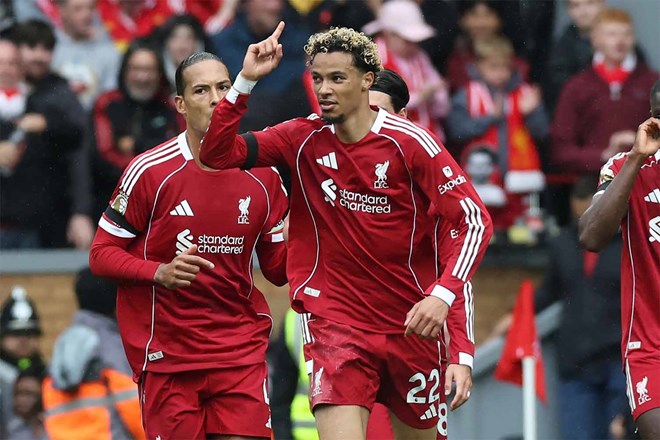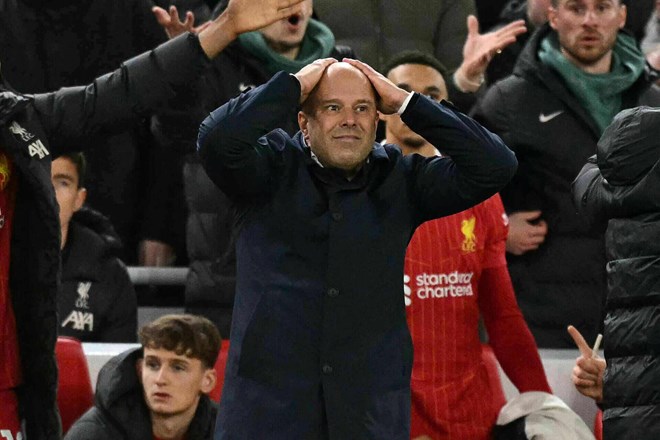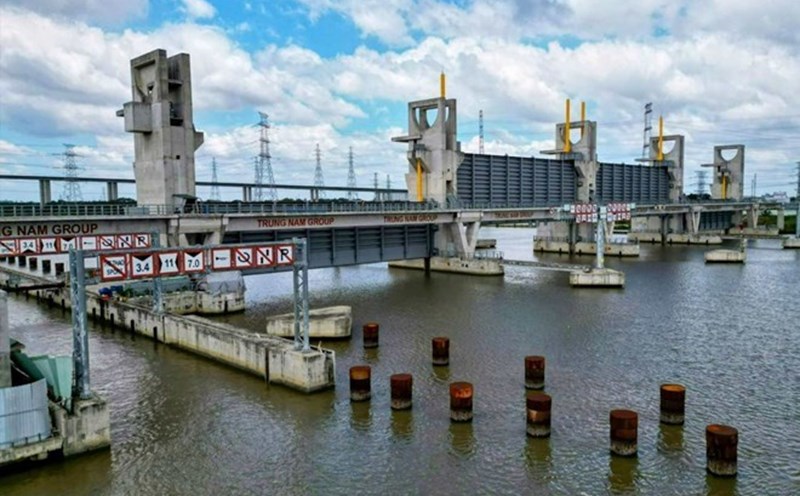Liverpool are still unbeaten this season, but they have only had one win by more than a goal. Even in the opening match against Bournemouth, The Kop had to wait until the 88th minute to take the lead.
They beat Newcastle away thanks to a goal in the 100th minute by 16-year-old talent Rio Ngumoha. Against Arsenal, Liverpool needed Dominik Szoboszlai's 83rd-minute free kick to decide the match. Mohamed Salah also only helped the home team beat Burnley with a penalty kick in the 95th minute.
In the Champions League, Virgil van Dijk scored the decisive goal in the 92nd minute of the opening match against Atletico Madrid. In the Carabao Cup, Hugo Ekitike scored in the 85th minute against Southampton, before he was sent off for too much celebration.
In some ways, Liverpool played better and worse than what fans predicted at the beginning of the season. And so, the question that fans are constantly asking this week after week is whether they can maintain their form.

Why does Liverpool need late comebacks?
There are two points to note when looking at Liverpool's late goals. First, the statistics based on a small sample of only 5 matches do not fully reflect reality. Second, not all of Liverpool's key players played the full second half, so the results could be affected.
The big problem was that Liverpool were not playing effectively when taking the lead. While strong teams often take advantage of the space left by opponents to create dangerous attacks, Liverpool have not been able to exploit this advantage.
XG statistics also reflect that situation. When taking the lead, Liverpool created opportunities and conceded almost equal goals, leading to them scoring 4 goals but conceding 5 times.
It is too early to draw any solid conclusions, but what is happening is quite similar to the records of a team that has spent a lot of money on attack players. They used mostly just two real midfielders, none of whom had clear defensive ability.
"We had a lot of great plays today, but perhaps no one mentioned it. People only focused on the last-minute goal. This is understandable because it was the highlight of the match, as well as in the last 5 matches" - the Dutch captain said after the win over Atletico Madrid.

Liverpool always keep the ball well and everything goes well. However, as soon as the opponent was forced to push up to find a goal, they immediately lost control of the match. Last season, they controlled the ball 55% of the opponent's half when leading. This year, the figure has dropped to 46%.
This is not too surprising, it could even be a deliberate strategy. However, surprisingly, with the likes of Florian Wirtz, Mohamed Salah, Dominik Szoboszlai, Hugo Ekitike and Alexander Isak, Liverpool have yet to really make their opponents pay the price with counter-attacks.
Their expected goals (xG) per shot when leading were just 0.10 - lower than the league average for the top teams, compared to 0.13 last season.
Liverpool need to regain the solidity they showed against Arsenal soon and maintain that more often. Expecting late goals is clearly not a sustainable formula.











